According to the conclusion of standard cosmology, our universe has existed for about 13.7 billion years, during these long years the universe has gradually expanded from a very small singularity at first to a vast scale incomparable today. Today’s universe continues to expand, even accelerate, forcing physicists to include dark energy to explain this unusual acceleration.
In fact, to this day we know very little about the nature of dark energy. And a recent study published in Proceedings of the National Academy of Sciences (PNAS) shows that a possible dark energy state could cause the universe to stop expanding and slowly contract right away. Later. According to this, the possible timeline for this to happen is actually not that far off from what we imagine – after 65 million years, the expansion of the universe will no longer accelerate, and after 100 million years, the expansion will stop. The expansion of the universe will completely stop and begin to contract.
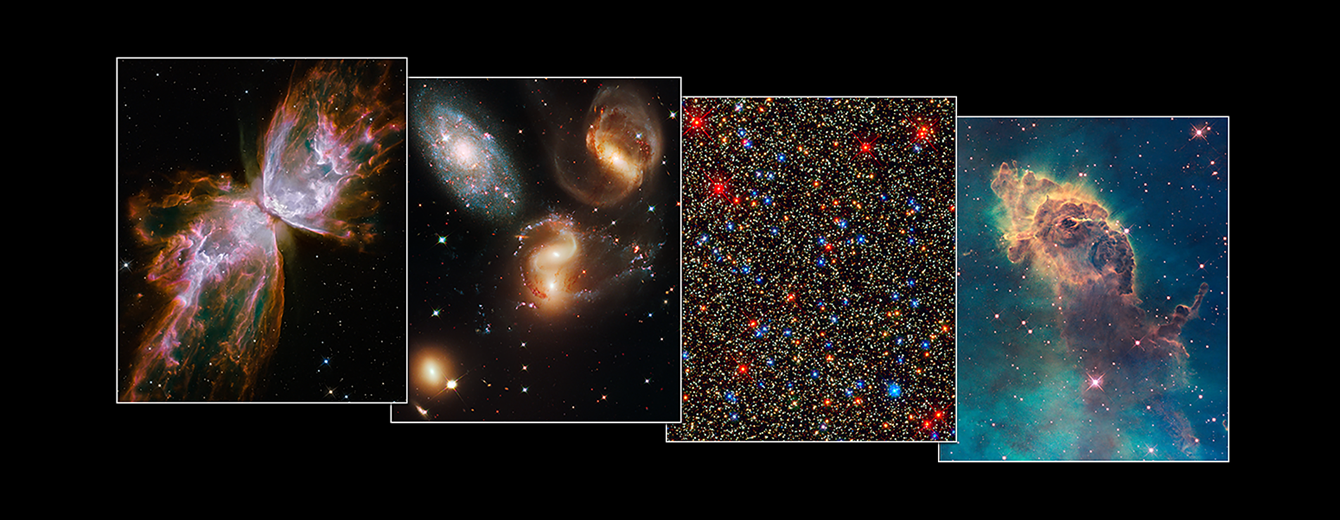
Incremental expansion of the universe
Einstein created general relativity in 1915, making cosmology truly a science. Einstein’s field equations contain answers to questions about the origin and evolution of the universe. But there was a problem in the equation that confused physicists at first. It does not refer to the static state according to the cosmological model, instead it just describes a universe that is always expanding or contracting.
Limited by cosmology at the time, Einstein modified the equation and added a “cosmic constant” to obtain a static cosmological solution.
However, the astronomical observations that followed took everyone by surprise. In 1929, astronomer Edwin Hubble observed the redshift of extragalactic galaxies, which means that these galaxies are moving away from us.
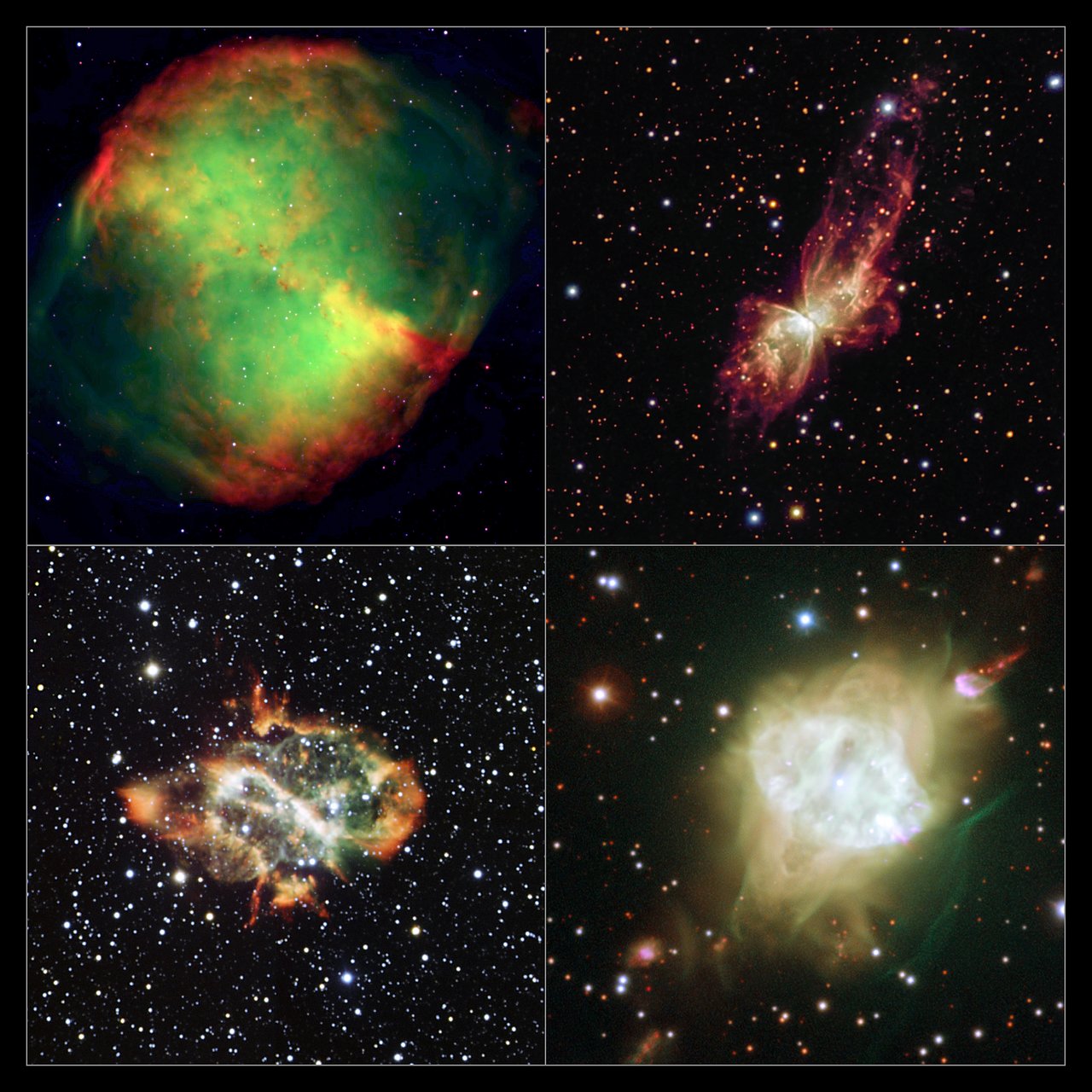
The expansion of the universe predicted by Einstein’s field equations could explain this phenomenon. In this way, the equation has no static solution and adding the cosmological constant is redundant. Einstein later withdrew his modifications to the field equations, admitting that introducing the cosmological constant was the biggest mistake he had ever made.
But the problem doesn’t end there. Now that our universe is expanding, as the universe gets bigger, the density of matter in the universe gets smaller, and the energy density gets smaller accordingly. At this point, as predicted by Einstein’s field equations, the expansion of the universe will gradually slow down. However, astronomical observations once again exceeded everyone’s expectations, in 1998, astronomers calculated the expansion rate of the universe based on observational data of the supernova and found that that the expansion of the universe is not slowing down but accelerating.
Physicists were baffled when they discovered that the expansion rate of the universe was not decreasing, but increasing. To provide an explanation, physicists believe that there is a class of unknowns in the universe whose energy density does not decrease as the universe gets larger, but remains constant. So when the universe expands to twice its original size, this total amount of energy also doubles. Incorporating this unknown energy into a cosmological model is essentially equivalent to adding to the cosmological constant that was eliminated by Einstein, allowing Einstein’s field equations to provide solutions to the expansion. has acceleration.
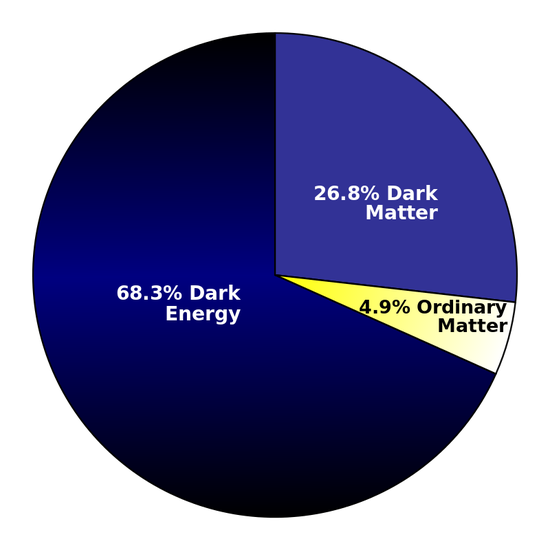
A diagram of the proportions of all components in the universe today, of which 68.3% is dark energy, 26.8% is dark matter, and only 4.9% is normal matter.
This unknown energy is now known as “dark energy”. Physicists estimate that dark energy should make up about 70% of the entire universe today to match observations of the accelerating expansion of the universe. However, what exactly this mysterious energy is, and how to describe it in physics, is still very much debated by academia. The perception of dark energy is relevant to our predictions about the future fate of the universe. If the energy density of dark energy is not constant but changes over time, then the universe is likely to stop expanding and begin to contract in the future – that would take at least 100 million years.
The fate of the universe after 100 million years
In 1998, three physicists including Paul Steinhardt published a paper proposing the hypothesis that dark energy is “quintessence”. Accordingly, dark energy is no longer a fixed energy density as described by the cosmological constant, but a scalar field that can change over time. This scalar field exhibits an attractive or repulsive force, depending on the ratio of its kinetic energy to its potential energy. The researchers think that this scalar field will be the repulsive force around 3.5 billion years after the birth of the universe, but at that time the energy density of matter governs the expansion of the universe, so the expansion rate bloom gradually. It was not until about 9.8 billion years after the birth of the universe that the energy density of matter gradually decreased as the universe became larger, and dark energy played a dominant role, causing the universe to expand at a rapid rate. acceleration rate.
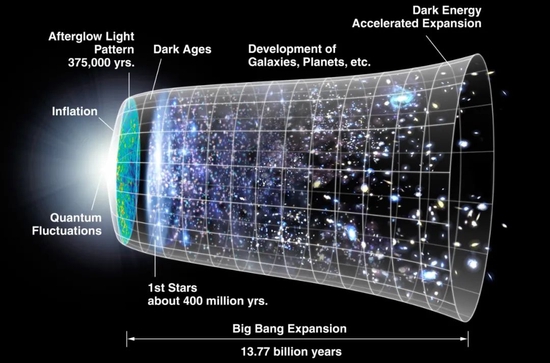
A chart of the evolution of the universe in the 13.7 billion years since the Big Bang. The universe has expanded in these 13.7 billion years, and the expansion of the universe has accelerated over the past few billion years.
But if dark energy is really a time-varying scalar field, changes in its composition could cause the repulsion to disappear. In a recent PNAS paper, Steinhardt and two colleagues, Anna Ijjas and Cosmin Andrei, developed a model of the universe that includes “essential” dark energy, and they adjusted the model’s parameters to consistent with the known expansion history of the universe. The researchers then used this model to simulate what would happen to such dark energy in the future. They found that the energy density of dark energy decreases over time, eventually acting like normal matter. This transition can be achieved in 65 million years, causing the expansion of the universe to stop accelerating at that point. And 100 million years from now, dark energy will become gravitational, causing the universe to begin to shrink.
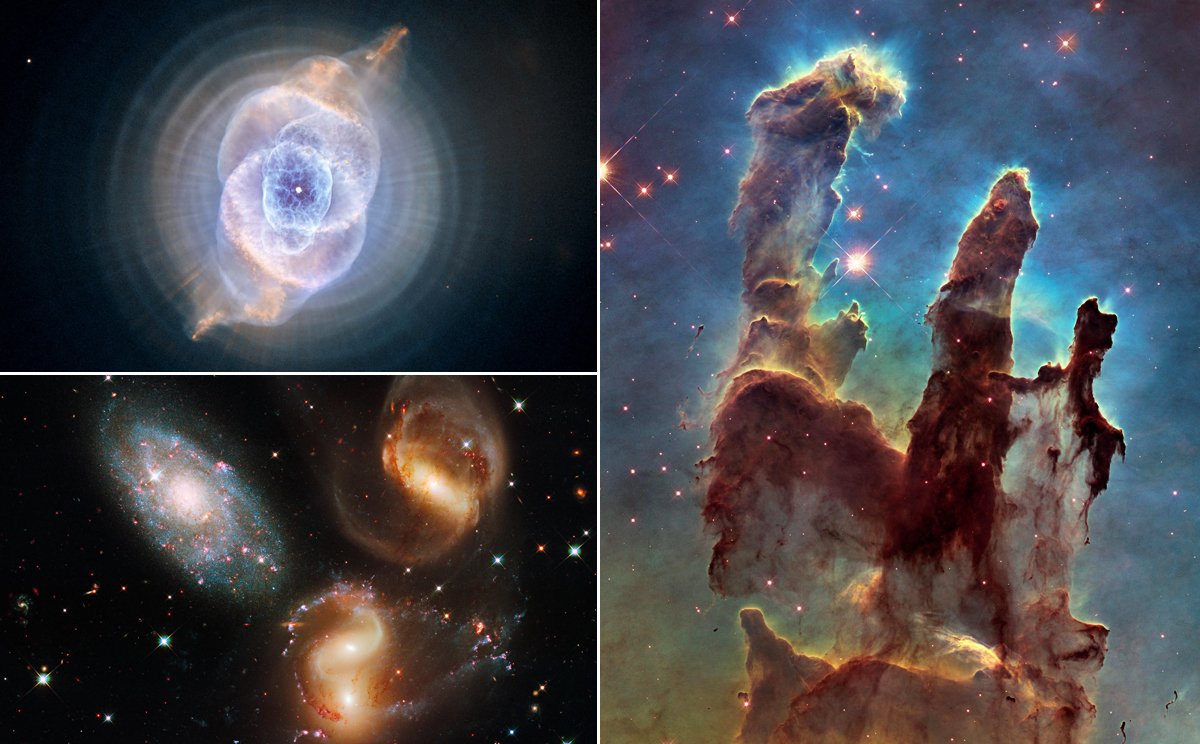
Although the model predicts that the time when the universe will begin to shrink is not far away, the researchers say it was initially very slow and could take billions of years for the universe to reach half its present-day size. But on the other hand, all of our observations of the expansion of the universe coming from objects millions to billions of light-years away tell us about the universe’s past, not its present or future. its future. So it’s also possible that the universe has begun to shrink and we won’t realize it until a long time later.
However, we still have no way of knowing for sure whether dark energy is really a “substance” or whether the expansion of the universe has begun to slow down. Steinhardt et al.’s work is based solely on a particular model of dark energy. Is this understanding of dark energy correct? Perhaps we will have to wait for later observations to tell us the answer.
